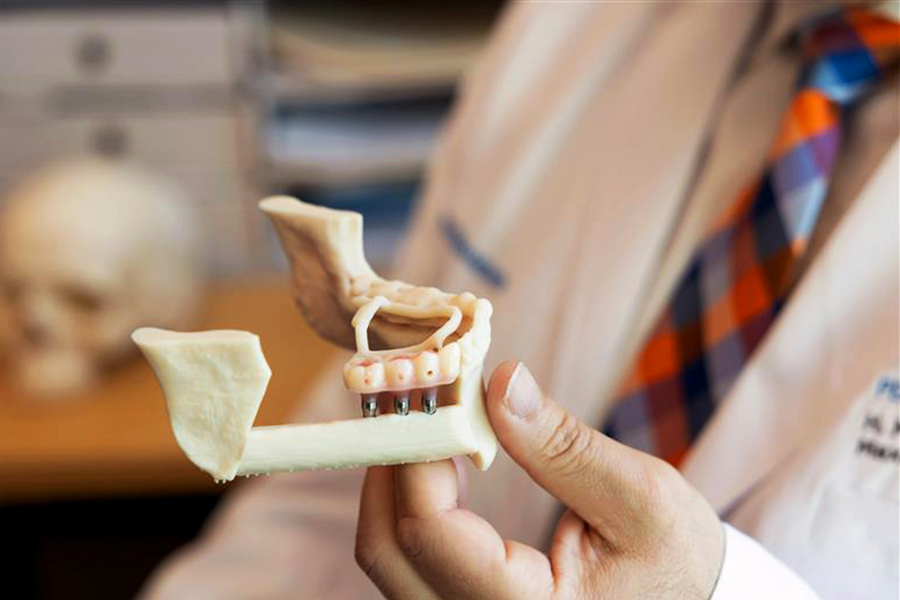Kaiser Permanente’s success over the past decade in the fight against stubborn antibiotic-resistant bacteria, widely known as superbugs, will be part of a day-long forum taking place at the White House today. The event will address the need to reduce prescription of antibiotics in both humans and animals.
The largest private integrated health system in the world will join more than 150 organizations at the White House Forum on Antibiotic Stewardship to announce ongoing public and private commitments to slow the emergence of antibiotic-resistant bacteria.
“Kaiser Permanente is highly committed to fighting the growth of superbugs. Our commitment is demonstrated by our utilization of clinical data to identify highly effective targeted areas in all care settings,” said Patrick Courneya, MD, Kaiser Permanente executive vice president, Hospitals, Quality and Care Delivery Excellence. “Proper management of antibiotic use protects not only the health of our members and patients, but that of the community as a whole.”
For more than 10 years, Kaiser Permanente has had a successful and widely emulated program in place to control both community and hospital-acquired infections of antibiotic-resistant bacteria in the hospital setting, including C. Difficile, a stubborn infection that has grown steadily in recent years. Antibiotic stewardship is one pillar of a program that has seen Kaiser Permanente roll back infection rates of this bacteria to 2006 levels. The other pillars of the program include testing and rapid identification and isolation of patients who have the infection; rigorous disinfection of rooms and equipment used by those infected, and a comprehensive regimen of hand hygiene among health-care providers and hospital visitors.
“As part of our efforts, we are using advanced technology to guide prescribing practice, support appropriate therapy and maximize the impact of effective antibiotic use of commonly over-treated conditions,” said Stephen Parodi, MD, infectious disease specialist and associate executive director for The Permanente Medical Group.
Dr. Parodi has been invited to discuss the health care organization’s plans to prevent and contain outbreaks of antibiotic-resistant infections, preserve the efficacy of existing antibiotics and implement next-generation diagnostics, vaccines and other therapies.
Earlier this year, the White House released its National Action Plan to Combat Antibiotic-Resistant Bacteria, which outlines steps the U.S. government will take to improve prevention, detection and control of resistant pathogens over the next five years.






